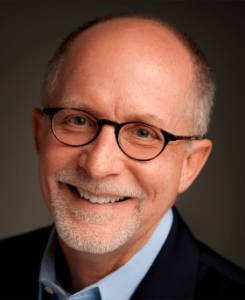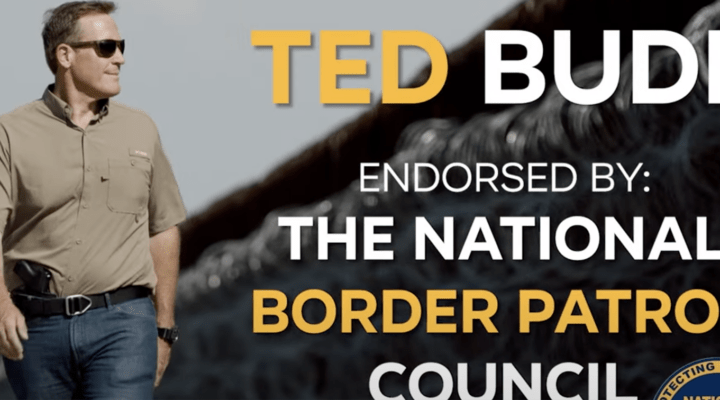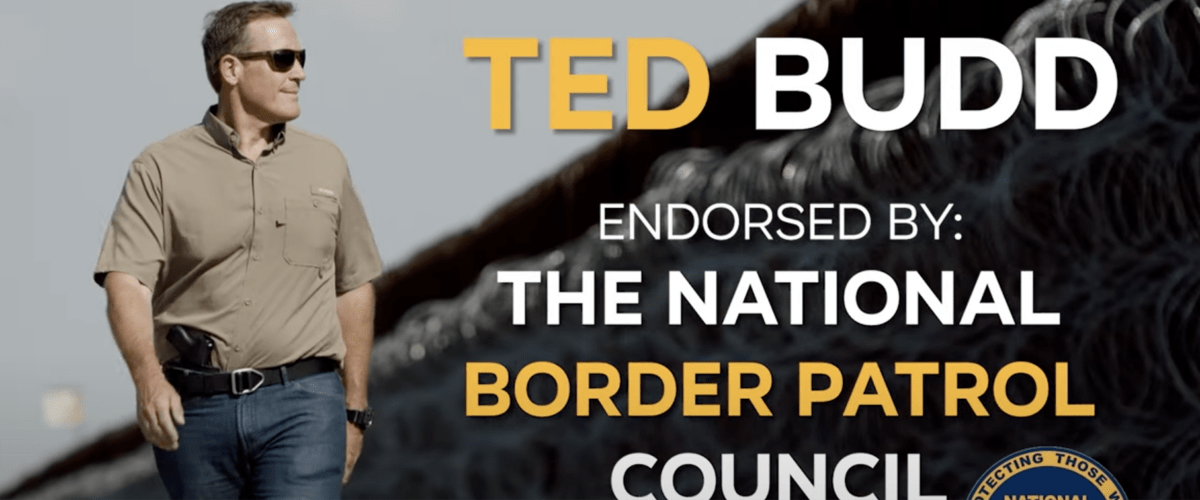Raise your hand if you’re already sick of political ads.
Much of the country still hasn’t voted in the primaries, and all of us have the general election to go. At this point, we can safely predict (a) 2022 is going to feel like a very long year and (b) the only real winners of all this politicking will be the people who sell advertising for local TV stations.
Based on ads that air in these parts, only a slim minority of candidates are running on their own qualifications. I’m thinking of the small-town businessman/mayor, the history-making judge and the guy who served in a previous administration and talks about reimplementing values.

Marv Knox
The others share one theme that seems to dominate politics these days. You know it. Chances are, you feel it. It’s fear, of course.
Around here, the common denominator in their litanies of fear is “border security.” Judging by the video they roll behind their screeds — it’s always either tall border walls or pup tent villages on our southern border — they’re not worried about Canada. Ironically, the TV stations that broadcast their ads are located 1,514 miles from Gateway to the Americas International Bridge, the nearest border crossing with Mexico.
Implicit in these messages is “hide your women and children before these thugs come to rape ’em and pillage ’em” and/or “watch out for your jobs, because these thugs are coming to take ’em.”
In other words, fear.
As far as their ads show, only one of these fearmongers has actually been to the border, and that apparently was a photo-op trip, to walk beside the wall with a huge gun stuck in his britches. The others give no evidence of knowing where the border is, much less what danger lurks alongside it.
This issue strikes a nerve because I woke up thinking about the border almost every day from early 2018 until I retired at the end of 2021. Fellowship Southwest, the organization I led, developed an immigrant relief ministry that stretches the length of the U.S.-Mexico border, from the Gulf of Mexico to the Pacific Ocean. It supports a network of pastors who are feeding, sheltering and protecting refugees who seek asylum in this country.
“I know these people. … They’re not coming here to rape women, kidnap children or take jobs.”
I know these people. We met in shelters and immigrant camps. Usually with their small children clinging to their legs or sitting in their laps, they told their stories. They’re not coming here to rape women, kidnap children or take jobs. They’re coming here to escape organized crime, religious and political persecution, extreme poverty prompted by climate degradation, rape and torture.
Of course, borders should matter, and national sovereignty should mean something. But waving “border security” as a banner to scare the vote out of people fails to resolve the situation.
Ironically, the candidates who shout the “border security” mantra imply they are God-loving Christians. But they conveniently fail to mention a consistent theme of the Old Testament is compassion and care for widows, orphans and strangers. A multitude of asylum seekers are widows and orphans; and all are “the stranger.” And I still haven’t heard any of these candidates quote what Jesus called the “second commandment,” to love our neighbors — and Jesus specifically defined “neighbor” as someone very different — as ourselves.
As if an appeal to follow Jesus isn’t compelling, they also fail to follow solid economics. “Inflation” also is one of their scare words, but a sure weapon against inflation and for economic prosperity is immigration reform. Like a healthy ecosystem, healthy borders create win-win opportunities for everybody.
“A sure weapon against inflation and for economic prosperity is immigration reform.”
So, when you know the immigrants and think about the outcomes, not to mention try to follow Jesus, “border security” isn’t the boogeyman the fearmongers want you to think it is. If they campaigned on the issues and not on fear, we would be talking about how to achieve justice that also produces abundance for everyone. Also, if we really wanted to infuse a little faith into the process, we’d be asking how we can “be kind to one another.”
Well, that’s the fear button that raises my hackles. We also could talk about a host of other fear flags — Critical Race Theory, book banning, sexual identity, public education and economics as a zero-sum endeavor. To be fair, we additionally could discuss things that scare folks like me — the decline of democracy, the demise of the environment, the coarsening of culture and the transcendence of meanness.
But those topics can wait for another time. Like I said, it’s going to be a long year.
Marv Knox, founder of Fellowship Southwest following a long career in journalism, lives in Durham, N.C.


